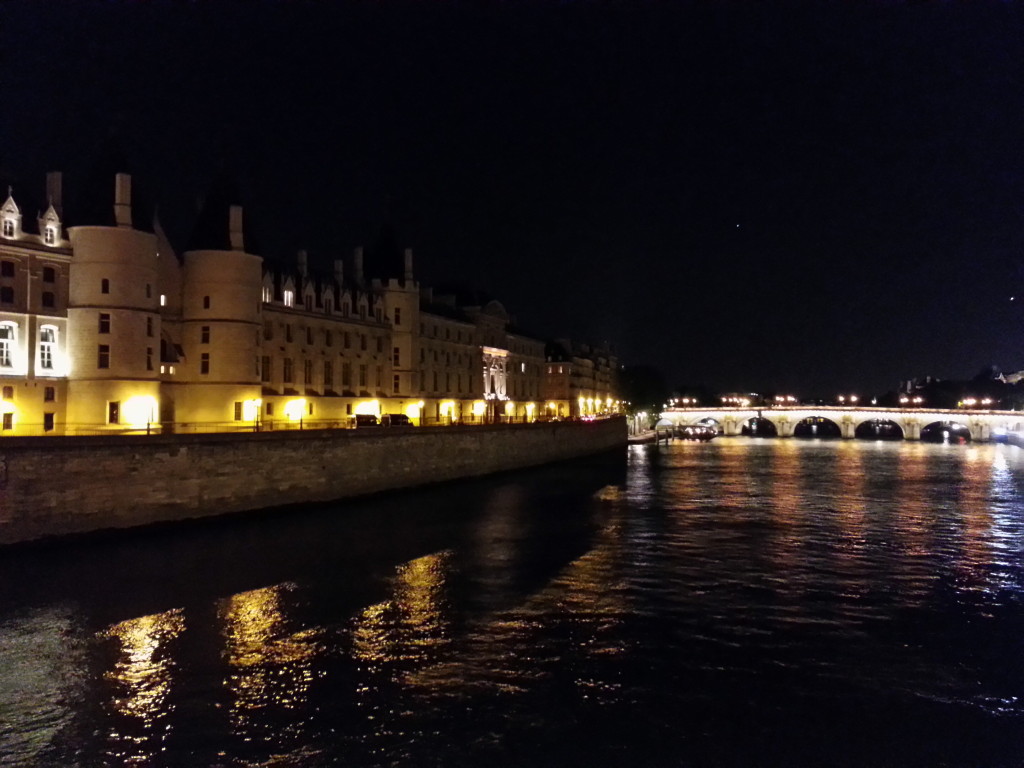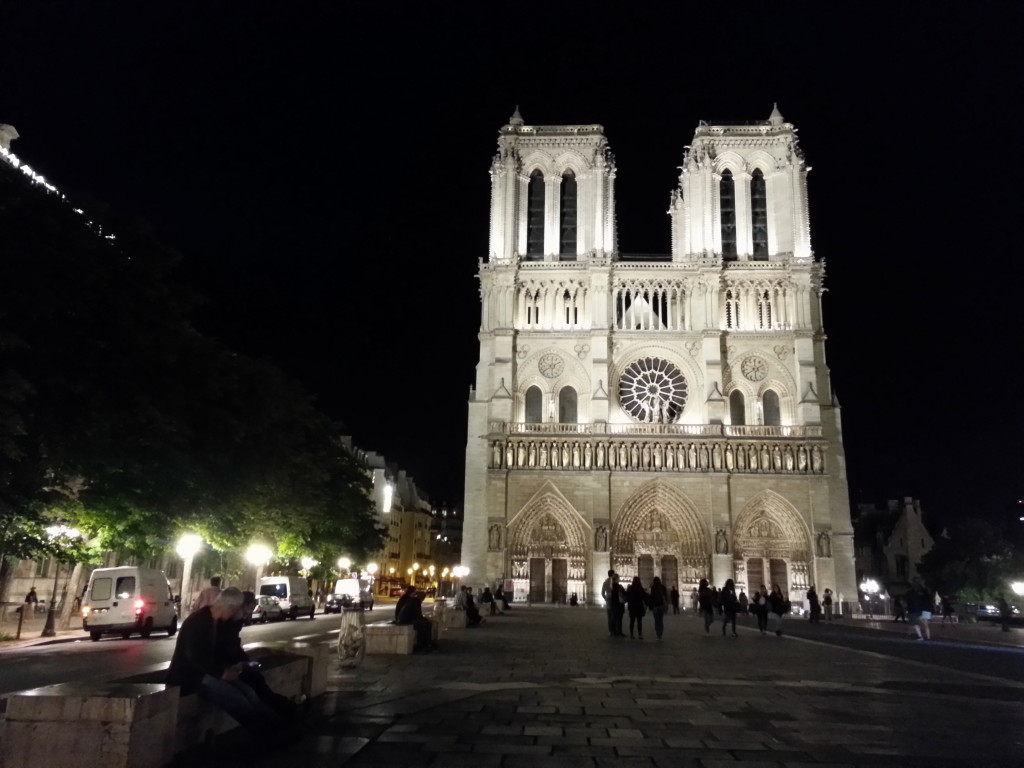I came across a very well written and comprehensive article which deals with an issue that I have also been interested in. It is an issue which seems to be getting a pass in the popular discourse even though whose repercussions, in my opinion, will be tremendous not too far in the future. Many of the effects can already be felt. The issue is one of the steadily creeping and all engulfing reach of technology in our daily lives and the effect it has in the short and the slightly longer term. By technology I refer not only to all the different gadgets that we use everyday but also to the sinister grip of algorithms which drives so much of our current lives from behind the scenes.
It is clear to me that the short term effect of this increasing technological reach is positive but it is positive only in the sense that the effect of a narcotic is positive. It provides increasing comforts on an individual level but for every comfort that it provides, I cannot help but feel that a longer term nail is also sharpened and readied, to eventually be used to close the lid on the literal and metaphoric coffin. A case in point is Uber but there is nothing special about it as the tech industry in general will faithfully follow the story. Uber makes it exceedingly easy to hire a taxi through a smartphone and it is, therefore, not surprising that it has zealous, almost fanatical, support among the many who use it. That it tramples over the existing taxi services not through direct competition but mainly by avoiding regulations is conveniently overlooked by its supporters. "Evolution of transportation", "inevitable disruption", and other similar revolutionary phrases are heard coming from the doyens of silicon valley and their rabid followers. Uber may very well be the future but let's not deceive ourselves by thinking that a fair game is being played. Let's also not be under the delusion that the shared economy of which Uber is, in some sense, the flag bearer will be a benevolent one. Uber, like many other services, is amassing huge amounts of money which will only be used to push those very users who use it out of a livelihood. Today it is the taxi drivers but in the not too distant future it will be the Uber drivers who so enthusiastically support it. This is already evident by the significant research investment that Uber has made in self-driving cars. In the larger perspective the people who so vocally champion the tech companies of today (Uber, Google, Apple etc.) will eventually be pushed aside. This turn of events would be humorous if only it was not so tragic and ironical because, in a sense, humanity is digging its own grave. We are not only parting with our privacy today but we are actually parting with our tomorrow. It's bad enough without even mentioning the other elephant in the room which is fed by tech, surveillance, and the philosophical degeneration of such deep ideas as freedom that it leads to.
I don't think there is a large scale solution to this because the collective foresight is too short, the collective resolve too weak, and the collective greed too high. Perhaps all one can do is to rebel in a small personal way and I find it not hard at all to cultivate the dislike which must form the basis of it. I dislike groups and I hate their homogenized thinking and there has not been a greater and a more brutal homogenizing influence than the ascension of tech.

